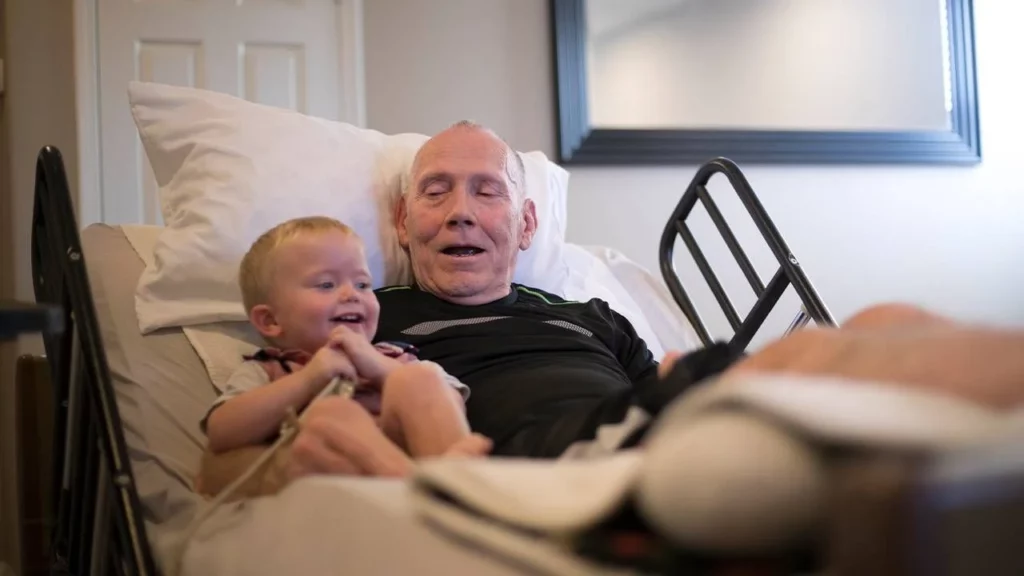Palliative care can provide relief to people with severe, but not necessarily life-ending, health conditions. But often patients — and their doctors — don\’t realize they can take advantage of a team-based treatment approach that may include social workers and community support.
What is Palliative Care?
Palliative care is similar to hospice care in that both provide comfort and support for patients with a serious or life-limiting disease. But, palliative care can begin at any point of the disease process and patients may continue curative treatments and therapies.
\”The big misconception about palliative care, is that it\’s the same as hospice care and you need to be dying to receive it,\” said Jeanie Saum, RN, CHP Hospice Coordinator.
The CHP palliative care team takes a holistic view of the patient\’s condition rather than focusing solely on treating the primary disease.
When is it appropriate?
Chronic illnesses like congestive heart failure (CHF) and chronic obstructive pulmonary disease (COPD) are \”life-defining\” or \”life-altering\” conditions that might benefit from palliative care.
\”At some point in their lives, many people are diagnosed with something that changes them forever,\” Saum said. \”Certain diseases impact their longevity, quality of life, and can place some burden of suffering on them.\”
\”What we do in palliative care is acknowledge the fact that we have something we can\’t fix,\” Saum continued. \”But it might be manageable. We can make the patient more comfortable.\”
Symptom-based approach
\”You don\’t have to be actively dying to get palliative services,\” Saum said. \”Getting palliative services doesn\’t mean you\’re giving up on treating an illness. It\’s quite the opposite.\”
People with cancer, for example, can rely on the symptom-based approach of palliative care to build their strength so they\’re better able to withstand chemotherapy. People with conditions like multiple sclerosis or Parkinson\’s disease can also benefit, as can those with Alzheimer\’s disease.
Palliative care is \”really appropriate for anybody with a diagnosis of a serious illness, regardless of prognosis,\” Saum said.
Extension of home health & hospice care
CHP Home Care & Hospice offers palliative care as an extension to both its home health care and hospice services. Patients may receive palliative care in the home or at a nursing facility.
Medicare Part B (Medical Insurance) may help cover the costs of palliative care, including medically necessary services and supplies, mental health care, and durable medical equipment.
###

